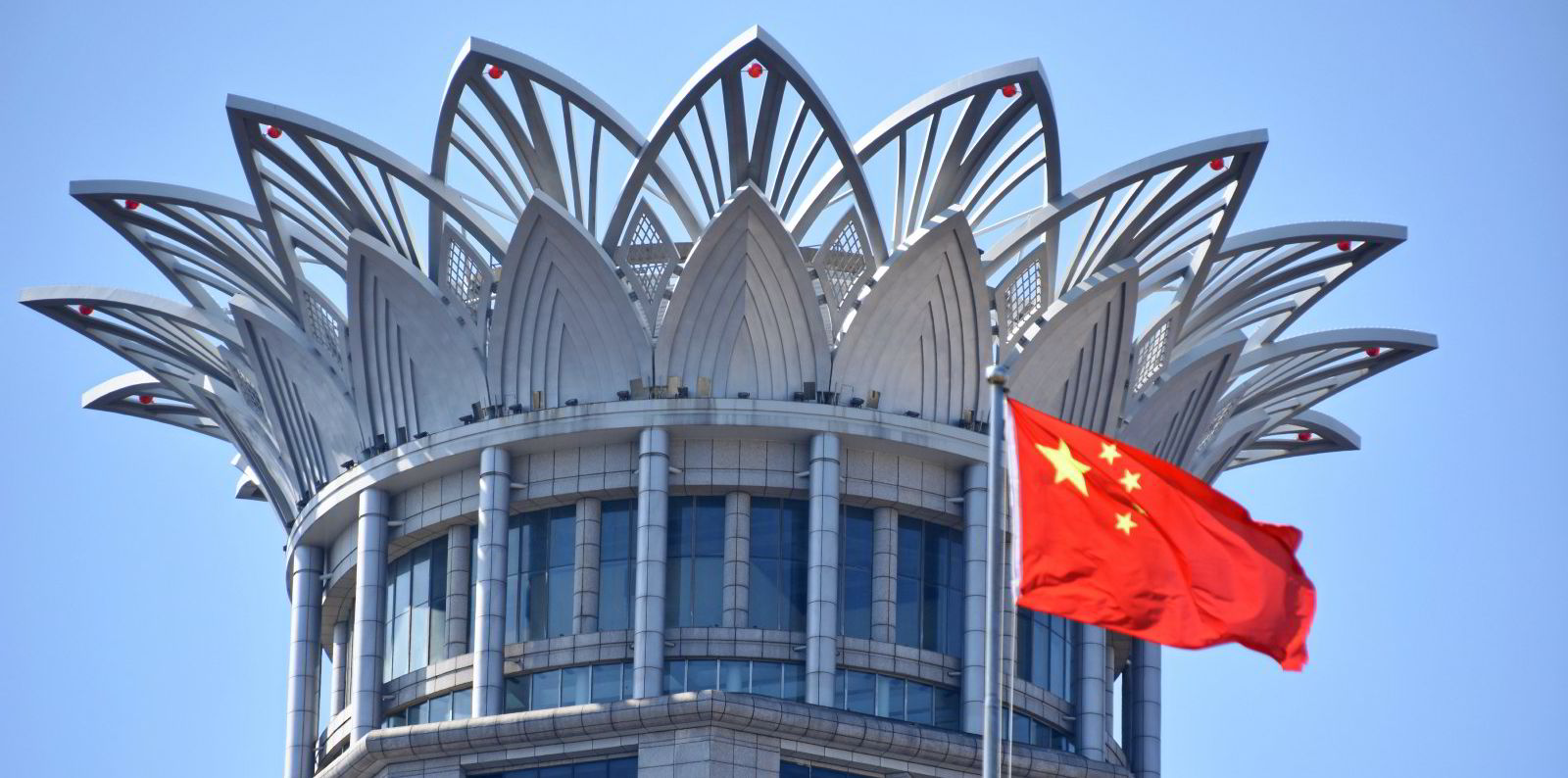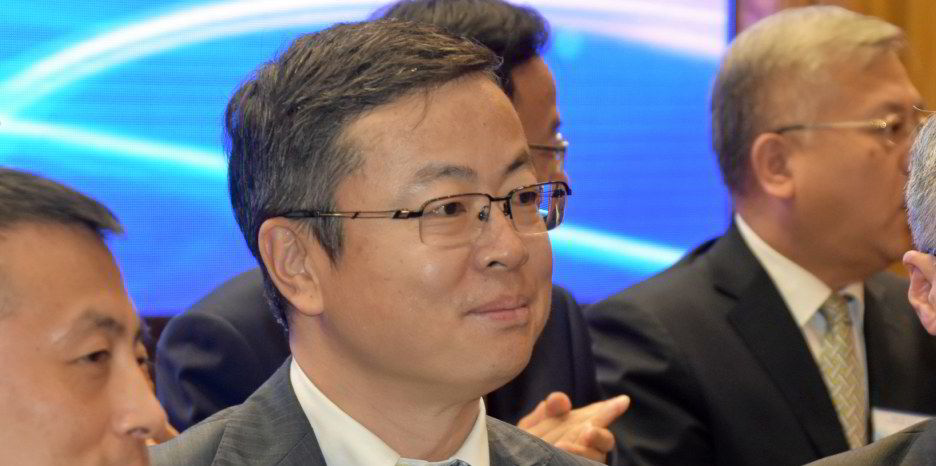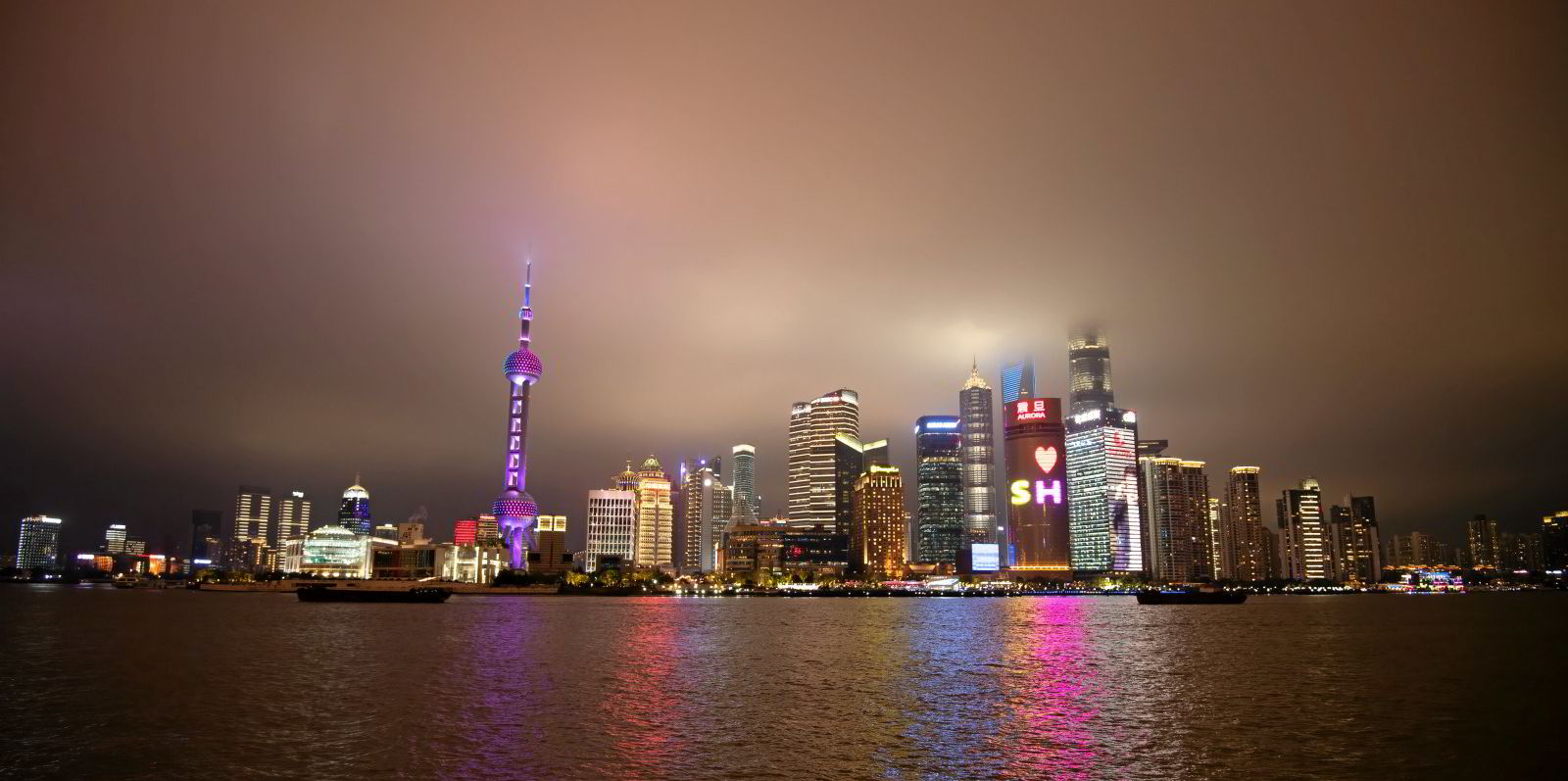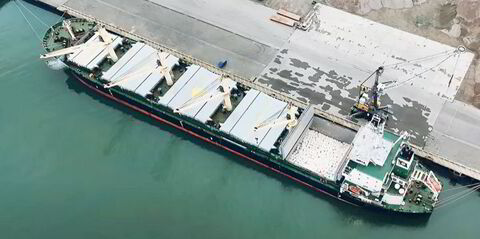Asian shipping players believe the two great hubs of Hong Kong and Shanghai can work together to build on their strengths.
But panellists at the TradeWinds Greater China Shipowners Forum also said work still needs to be done to develop their services to the maritime industry.
Wah Kwong Maritime Transport Holdings executive chairman Hing Chao said: "There is always going to be a level of competition, which I think is healthy, but I do see the role of Shanghai and Hong Kong as complementary."
The shipowner told the webinar that he believes Shanghai can be identified as the de facto capital of shipping within China, while Hong Kong has always been an international shipping hub.
"I do not see that role diminishing," Chao added.
Mark Young, chief executive of bulker owner Asia Maritime Pacific, said more and more shipping operators and technical management companies have relocated to Shanghai from overseas or other parts of China.
"Hong Kong on actual activity has almost been stable," he added.
Hong Kong strengths will remain
"I know Hong Kong is traditionally strong in finance, arbitration, insurance — these will probably stay in Hong Kong for a long time," Young said.
Rosita Lau, a partner at law firm Ince in Hong Kong, argued that three things are needed for both hubs to prosper and develop: an international approach, free trade and currency, and what she called "the brain".
"It's the people who really are the most important," she explained. "You can have all the hardware and ports, but where are your people?"
Lau added: "We can help each other. Why do we have to confront each other?"
Chao told the webinar he recently led a Hong Kong Shipowners Association delegation to meet authorities in Shanghai, the first such trip for nearly two years due to the pandemic.
"The general impression I got is that they very much welcome further and closer ties. In fact they recommended us to look into the favourable policies existing in China to see how Shanghai can help Hong Kong shipping companies develop," the Wah Kwong boss said.
Working together for everyone's benefit
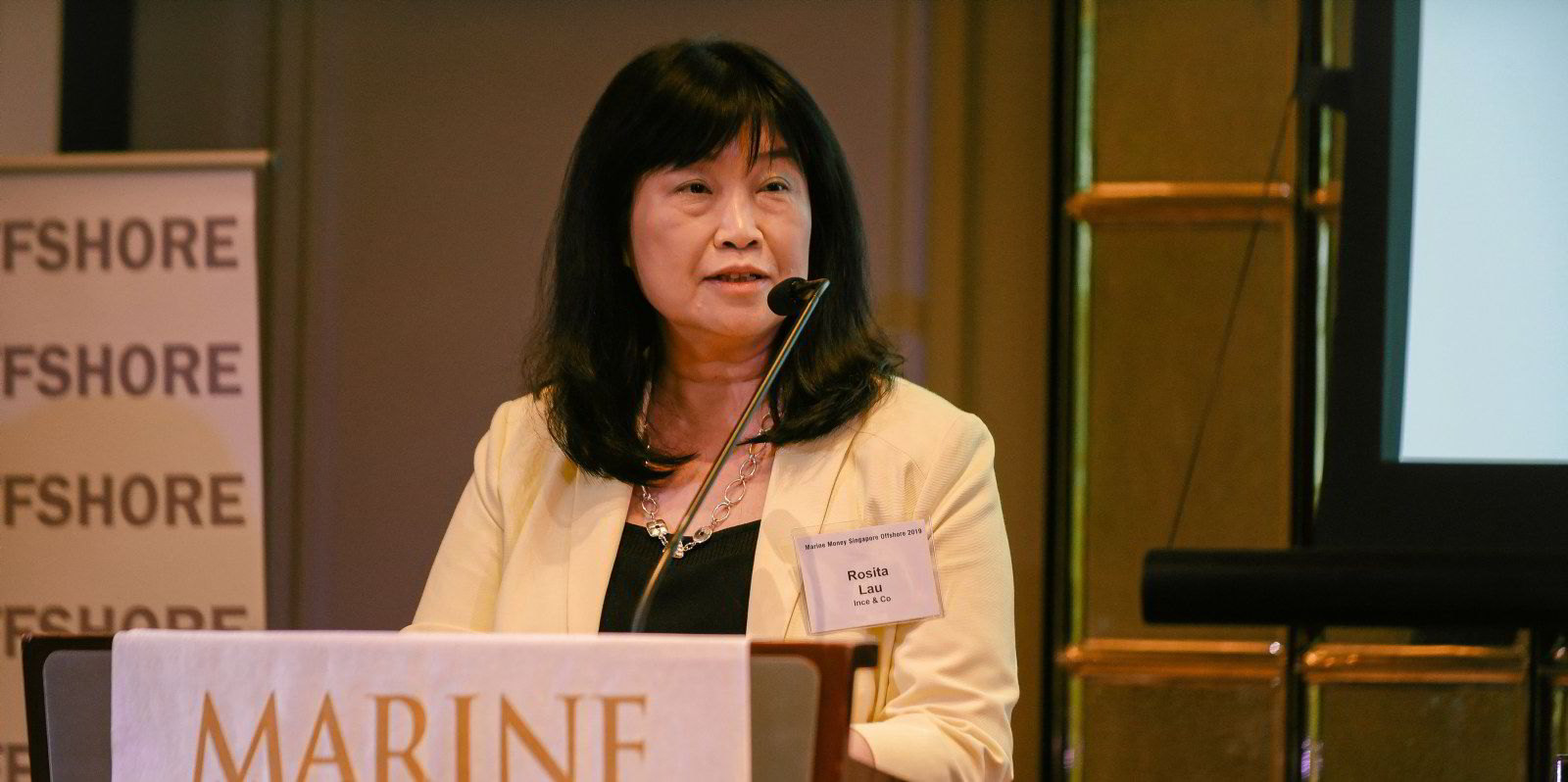
"So I do see us competing but also working closely together to create a better environment not only for China but for Asia and the world," he added.
Lau then issued a call for the Hong Kong government to set up a maritime authority with "great power" to coordinate all aspects of maritime services.
She said she wants this to be a statutory body.
Lau also called for more tax relief for shipping businesses.
"We need people, systems, we need coordinated policy," she added.
"In Shanghai, the people are like the people in Hong Kong — very smart, they can adapt quickly, but they also need some sort of coordination."
Time to take it up a level
Chao agreed. "We need the government to listen to and digest our suggestions, to take it up to another level," he said.
Young said his company has technical management in Shanghai and legal and compliance services in Hong Kong.
He added that ideally everything would be under one roof, but in the real world this is not ideal just yet.
As for Shanghai rivalling Hong Kong as an arbitration centre, Chao said this would be "quite hard".
"The basis for Hong Kong law is fundamentally different from Shanghai or anywhere else in China," he added.
"But in a way it's a false conundrum, we don't have to compete," Chao said.
He believes technology now makes it possible to set up a centre for dispute resolution in Shanghai that will tap into Hong Kong's existing status and resources.
Finance battle
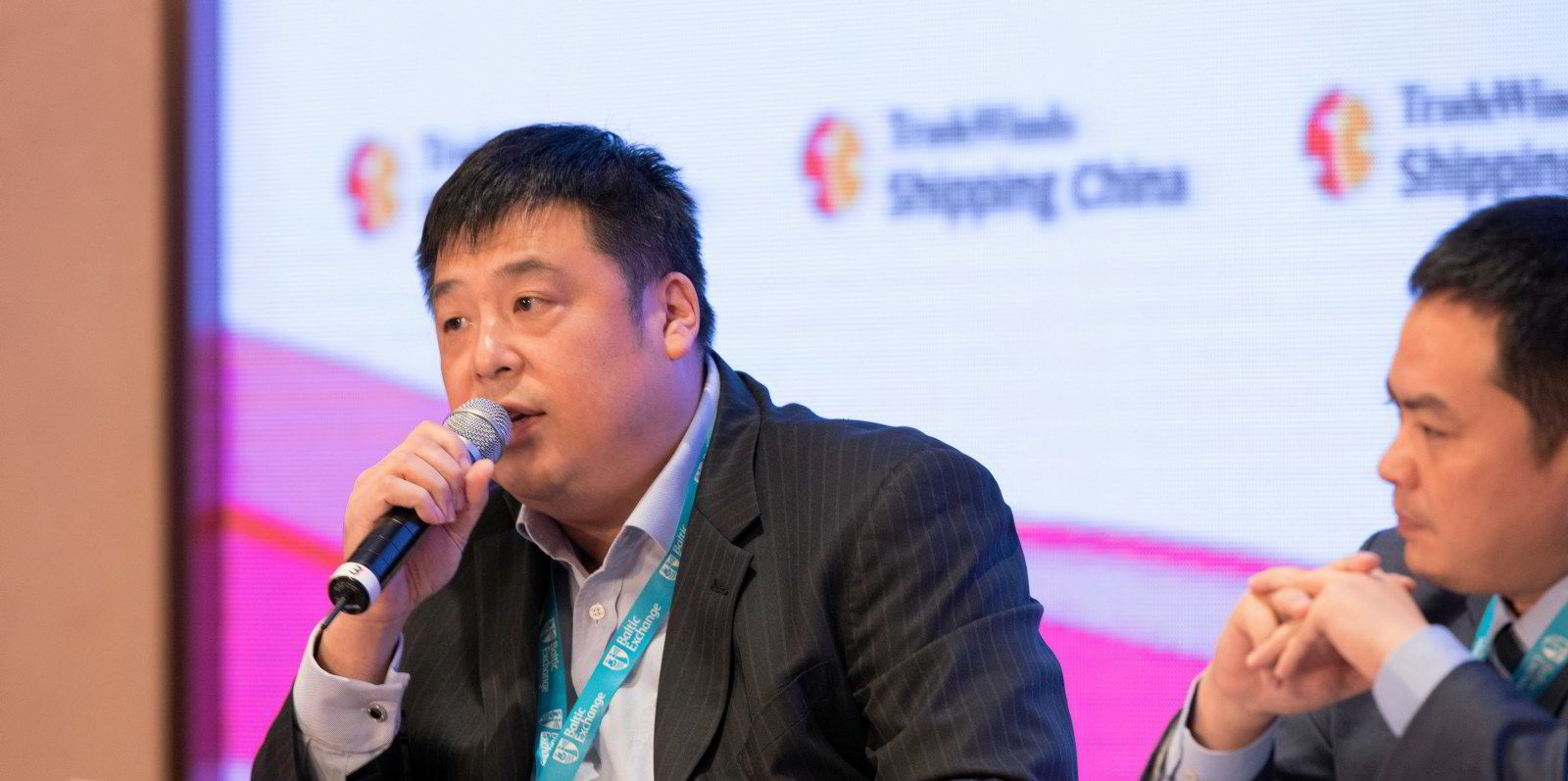
As for finance, Young has seen a reduction in physical lending from Hong Kong over the last decade, with Chinese leasing companies increasingly an option for shipowners.
"Shipping lending is a business," he said. "I don't think the Hong Kong government will be able to do very much on that."
But he did note that more and more Chinese leasing businesses are setting up offices in Hong Kong.
Chao responded by saying: "I wouldn't say Hong Kong has shrunk in importance."
"I am optimistic about the future of Hong Kong for ship finance and other respects," he concluded.

